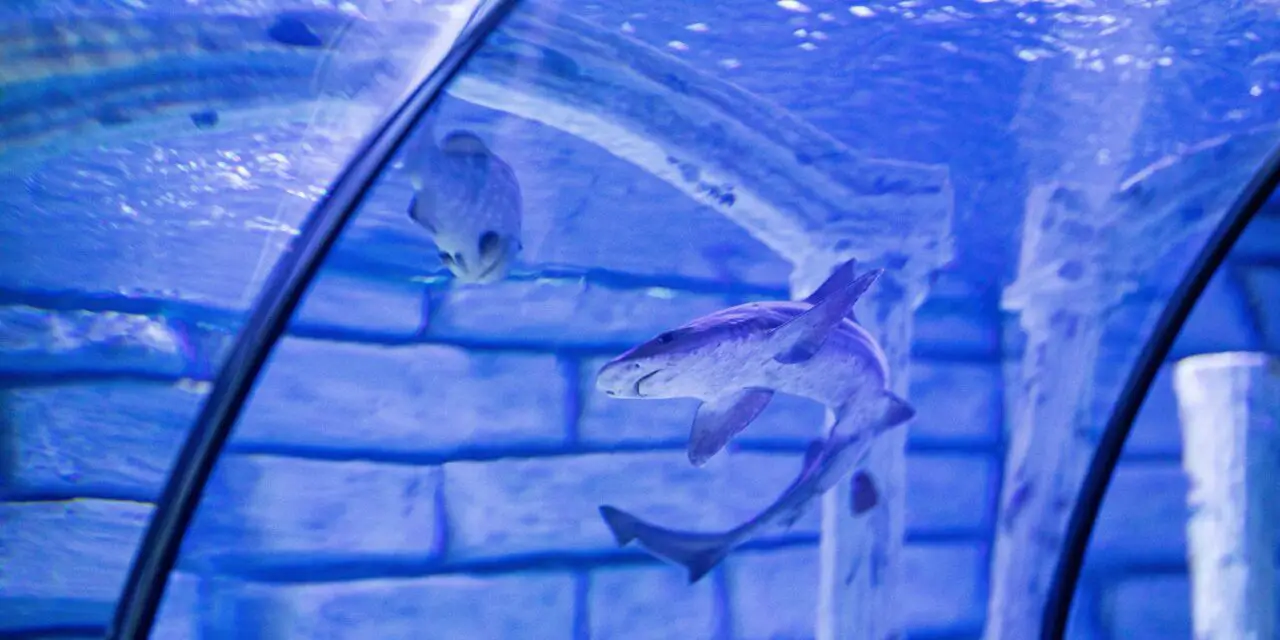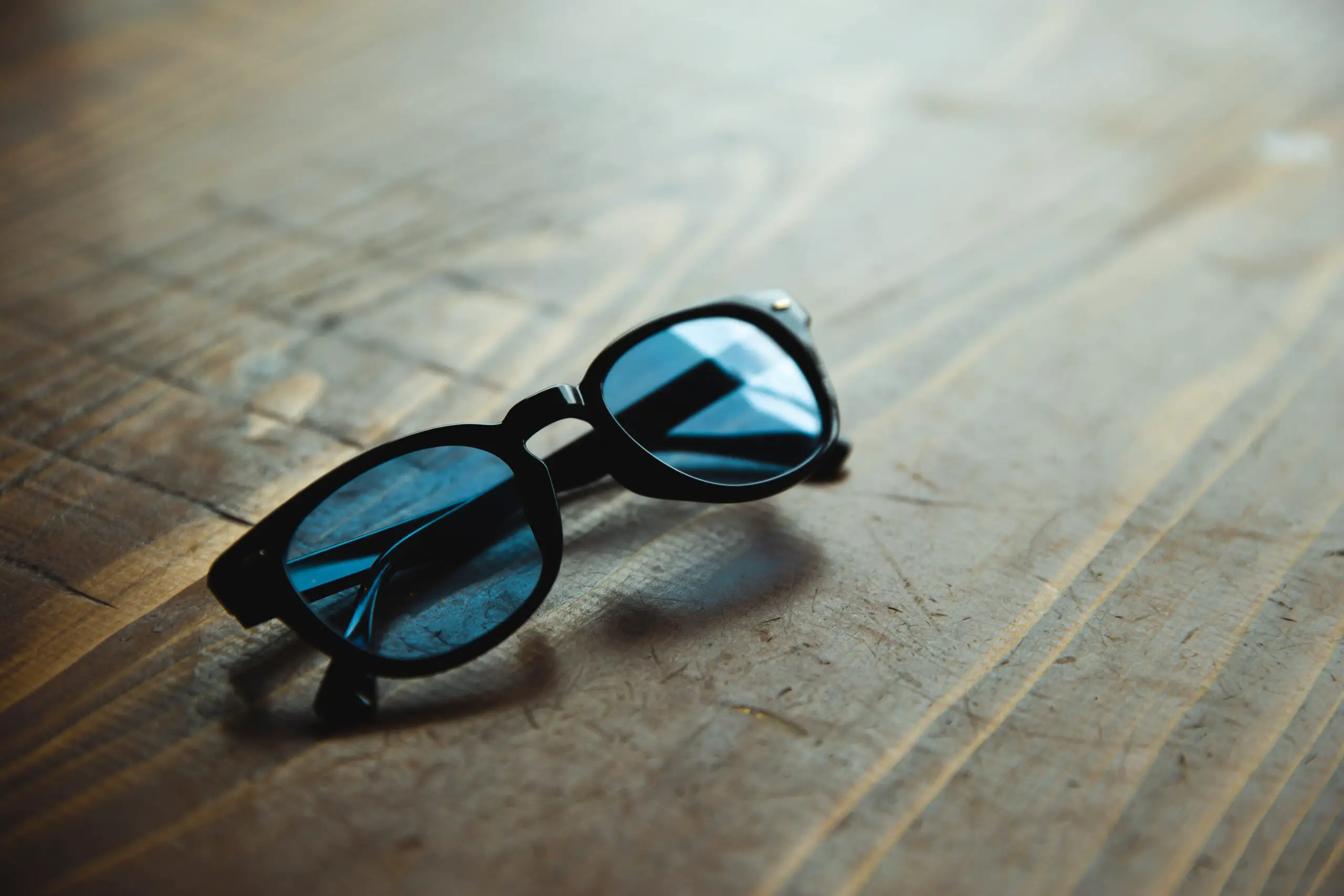Most people are aware that you can see underwater without glasses. What they don’t know is why this happens. There are a few explanations for this phenomenon; some of these explanations have to do with the way light behaves in water.
People with mild visual impairments generally see clearer underwater because items underwater are naturally magnified up to 33%. For this reason, they don’t need complex corrective measures to see well in water.
In this blog post, we will explore some of the other reasons you can see underwater without glasses. So let’s jump right in, shall we?
Why Can You See Clearly Underwater Without Glasses?
You may have noticed that you can see a lot better underwater without glasses. There are several reasons for this, most of which have to do with the physics of light and water. However, your eye may also contribute to the differences you’re experiencing in your vision in water compared to in the air.
If you have a mild visual impairment, you’ll see better underwater because naturally, things underwater tend to magnify up to 33%. Therefore, you won’t need complex corrective measures to see underwater. However, this isn’t the case for complex impairments. In severe cases, you will need corrective measures to see well in water.
Another explanation is your swimming goggles. Your swimming goggles create a refractive index of the water and air. As a result, your eyes can focus on the object underwater as if they were in the air.
The goggles also work to protect your eyes from any possible debris that might be in the water, such as algae or sand particles. Therefore, you’ll often see clearer underwater than you would through the water’s surface.
Can You See Clearly Underwater Without Swimming Goggles?
Generally, humans can’t see clearly underwater. One of the reasons for this is the difference in density between water and air. Another reason is your eye itself, which becomes less efficient for seeing underwater as pressure increases from below.
The conditions of the water may also make it difficult to see. These include water clarity, turbidity (cloudiness), and particulates matter such as algae or sand in the water. Chlorine in pools can also sting and irritate the eyes, further making it difficult to see clearly.
Source: VSP Direct
How to Fix Vision Problems Under Water
Most people with vision impairments need corrective measures to see underwater. You have several options to fix your vision problems underwater. These include:
Prescription Goggles
Some nearsighted individuals may need a prescription for their goggles or glasses to compensate for the under-focusing effect caused by water and air density differences.
Swimming goggles work because they trap air in their lenses which allow for light transmission. The lens helps focus light waves on your retina. Snorkelers have a variety of options for vision correction. They can wear masks, scuba goggles or prescription glasses.
Contact Lenses
Another simple way to fix vision impairment underwater is to wear contact lenses. Contact lenses are designed to correct the refractive errors of your eye and allow you to see underwater without glasses.
However, not all contact lenses are suitable for diving. Even if you have suitable soft lenses, you should take care because there’s an increased risk of losing them or eye irritation.
Corrective Lens Masks
If you prefer not to use contact lenses, there’s an alternative. Corrective lens masks are designed to cover your eyes while you’re wearing a mask, scuba goggles or prescription glasses.
Thanks to the corrective lens, their design and transparent material allow you to see clearly without any vision impairment.
The best part is that these masks are much more comfortable than contact lenses for long dives as they don’t dry up fast as contacts do. Furthermore, you don’t have to worry about losing them or losing a lens as they’re always in the same place.
Source: Scuba Doctor
Wrapping Up
If you were wondering why you can see underwater without glasses, now you know! It may be because the items underwater magnify by about 33%. Therefore, if you have a mild vision impairment, your vision may appear a bit better. Swimming goggles also make this appear clearer due to refraction.
However, not everyone has this experience. Most people with severe vision impairments will need corrective measures to fix their vision problems. If you’re in this category, consider the options we’ve listed in this article to see better on your next dive. We also recommend speaking to your optometrist to find the best solution depending on your case and preferences.





